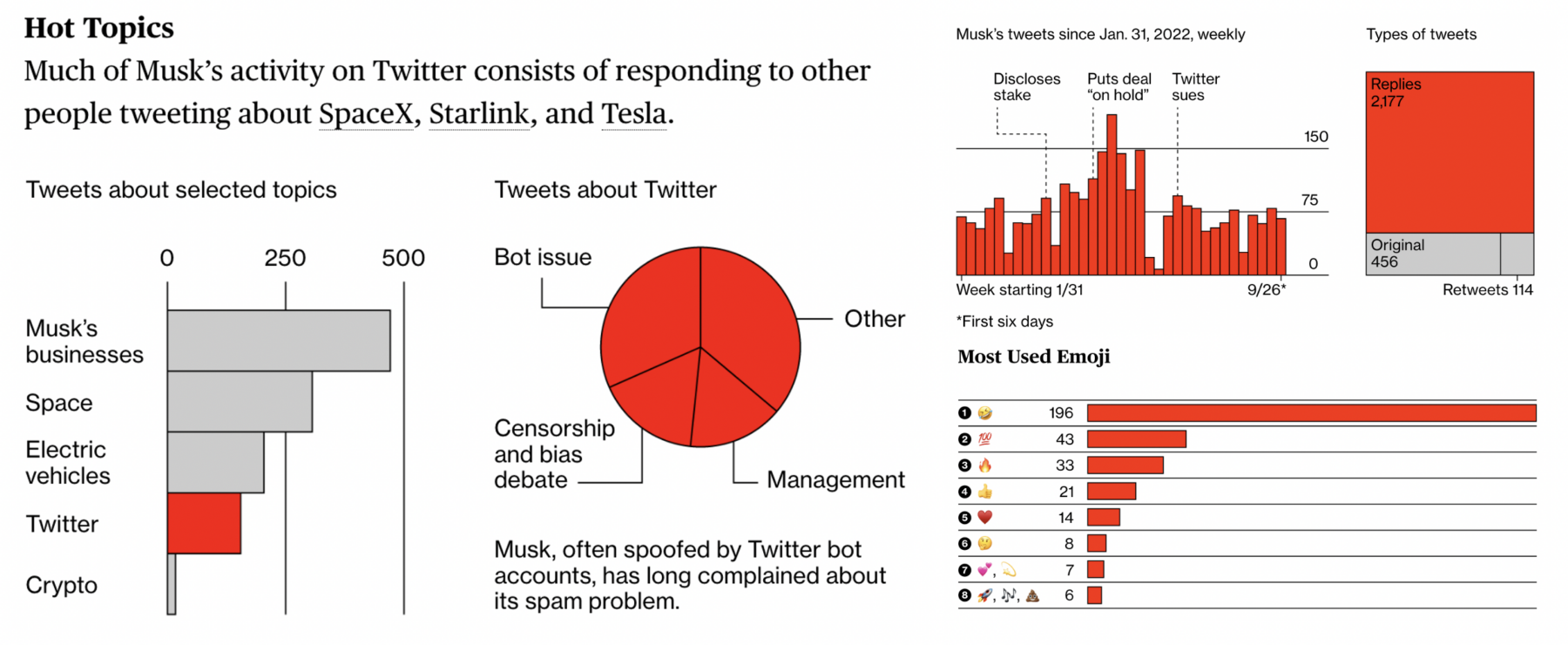Anne Hathaway, Jeremy Strong, and Anthony Hopkins star in this semi-autobiographical film from the ‘Ad Astra’ director.
Focus Features
As part of our coverage of the 60th annual New York Film Festival, Will DiGravio reviews James Gray’s latest film, Armageddon Time. Follow along with more coverage in our New York Film Festival archives.
Writer-director James Gray (Ad Astra; The Lost City of Z) returns to the big screen with Armageddon Time, a deeply personal, highly effective film based on his own life as a sixth-grade Jewish boy in Queens, New York, in 1980. A layered political work that masterfully balances the personal with the greater picture, the film is a snapshot in time. Gray unpacks this period of his life as part of a cinematically palpable effort to understand the world in which he and his audience lived then and inhabit now.
Banks Repeta plays Paul Graff, the fictionalized Gray who recalls decades of rambunctious, cinematic youths in the line of François Truffaut’s Antoine Doinel. Paul comes from a middle-class Jewish family. His mother, Esther (Anne Hathaway), serves as the PTA president, works as a home economics teacher, and is a prospective candidate for the school board. His father, Irving (Jeremy Strong), works as a plumber. The family has all the usual dysfunction: financial stress, violent outbursts from the father, infighting between Paul and his older brother (Ryan Sell), and the yearning for a break on the path to upward mobility. The one person for whom Paul fully cares is his grandfather, Aaron (Anthony Hopkins), who encourages Paul to pursue art and gets through to him in ways no one else can.
Unlike his brother, who attends a fancy school in the city, Paul attends the local public school. From the first day, he gets into harmless trouble and makes friends with Johnny (Jaylin Webb). While the two get up to hijinks in tandem, Johnny, who is Black, often gets a harsher punishment. Johnny has big dreams. He rides the subway shuffling NASA stickers sent to him by a family member in the military. His intelligence comes through in the pranks he plays. But rather than find a new way to channel his smarts into something else, the school system punishes him. And when Paul begins getting in trouble, too, his family blames Johnny. Their own racism comes to the forefront.
Much of the film deals with the nature of oppression. Dinner conversations often concern anti-Semitism. The family gathers around the TV and bemoans the incoming election of Ronald Reagan, rightly predicting the decades of inequality and regressive policy that would follow. Yet, their racism comes through in various ways, especially as Paul and Johnny grow closer. Oppression is not a binary issue. In the case of this family, they have suffered from anti-Semitism and the effects of runaway capitalism but also benefit and perpetuate a system that privileges whiteness.
Gray grapples with such questions without ever losing sight of the family and the various dynamics at play. While the film is not a horror movie or psychological thriller by any means, there are several violent and disturbing moments. He finds the dread and fear that so often accompanies the domestic space. Think of a film like Hitchcock’s Shadow of a Doubt (1943), for example. Repeta gives a spectacular performance as Paul, embodying the fear, the optimism, and the slowly dwindling innocence that comes with being his age. One scene with him and Strong, in particular, is masterfully composed, capturing domestic violence in its horrific normalcy. Another between Hathaway and Repeta features a different kind of violence but features similarly virtuosic blocking. Gray brings us inside his memories. It is as if he has spent decades not only reliving such moments but also thinking about how to reconstruct them for the screen.
While one feels the presence of Gray, Armageddon Time avoids the usual clichés and tired tropes of autobiographical fiction. Nor does Gray make the mistake of, frankly, overinflating the importance of his own life and experiences. The film is measured, contemplative, and never overindulgent. Tonally, everything about the film works. It is, at times hilarious, and in others, completely devastating. Each of the characters feels fully formed. They are personal portraits of loved ones who feel real and relatable.
Anthony Hopkins gives a characteristically superb performance. His character has all the wisdom that comes with age but remains just unsure enough to be wrong. Even in old age, one still has not figured everything out. When Paul tells him of the racism he has witnessed, Aaron makes him promise to step in the next time. But when Paul acts out and befriends a Black kid, he encourages the family to take him from the public school. He and the family tap into their limited but still existent intergenerational resources. They send Paul to the fancy private school his brother attends. For Esther, the wannabe school board member, the decision to abandon the system rather than work to better it comes with rich irony. The cycles of inequality repeat.
This cyclical quality to life and oppression and marginalization is what Gray returns to again and again. And it is what gives Armageddon Time a timeless feel. The societal and familial problems Gray depicts are not exclusive to the 1980s. The film ends with Paul reflecting on the advice of his grandfather. Perhaps this film is Gray’s way of following it.
Related Topics: James Gray, NYFF

















